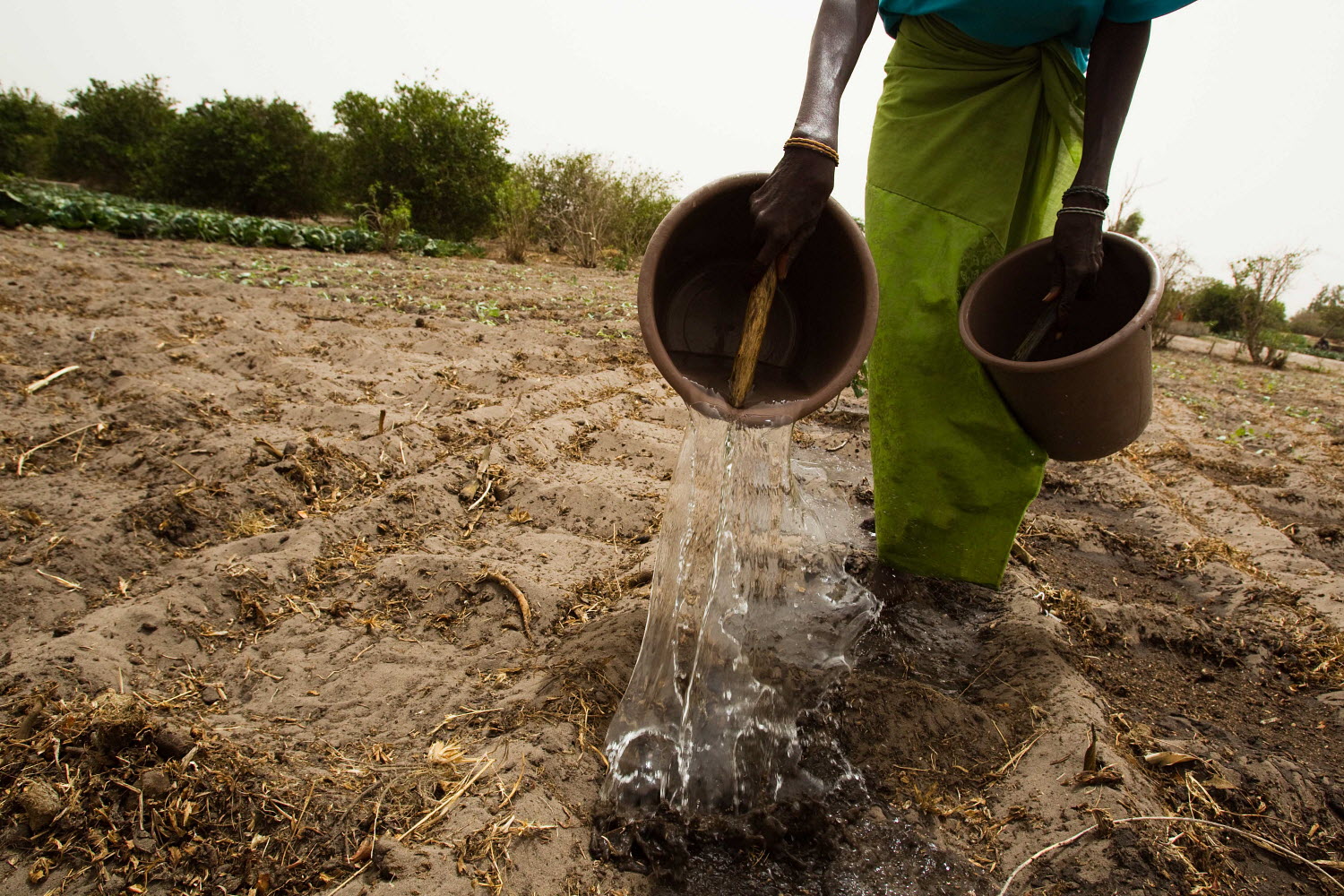Resource mobilization for innovation, underfunded and emerging areas in FAO
Highlights from the Programme Evaluation Report 2023

Unearmarked or lightly earmarked voluntary contributions remain critical to finance innovation and underfunded and emerging areas in FAO.
FAO relies on resource mobilization to fund many of its activities and programmes, including technical assistance, policy development, and capacity building. Not surprisingly, close relationships and engagement with partners is seen as critical to succeed in fundraising and scale up interventions.
The evaluations conducted in the 2021–2022 biennium highlighted the need for FAO to:
- develop clearer strategies and plans for mobilizing resources
- strengthen coordination and collaboration among different units
- engage more effectively with donors and partners
- be more innovative in its approaches to resource mobilization.
Most evaluations mentioned insufficient donor engagement, inadequate funding modalities and uneven distribution of financial resources.
⦿ The evaluation of FAO’s Flexible Multi-Partner Mechanism (FMM), a mechanism through which FAO’s resource partners make unearmarked or lightly earmarked voluntary contributions, found the FMM to be of strategic relevance to FAO as a vehicle for financing innovation, underfunded or emerging areas. The mechanism gives FAO the flexibility to allocate voluntary contributions to FAO Members’ priorities as expressed in the Strategic Framework and other corporate policies, with evidence of catalytic and transformative elements in FMM interventions. The evaluation identified a few areas of improvement. These include:
- the adequate duration of sub-programmes
- inclusion of Decentralized Offices in programme design
- greater clarity on allocation criteria
- adequate use of results for knowledge management and organizational learning.
⦿ One of the main recommendations from the real-time evaluation of FAO’s COVID-19 Response and Recovery Programme focuses on addressing funding shortfalls to promote a more even distribution of resources across programmatic priority areas.
⦿ The evaluation of the Global Livestock Environmental Assessment and Performance Partnership recommended to reduce budget uncertainty through improved long-term planning and a strengthened resource mobilization strategy (expanding the donor base or implementing joint activities).
⦿ The evaluation of the Regional Office for Latin America and the Caribbean concluded that the regional office should strengthen its resource mobilization strategy based on the Regional Initiatives to encourage a more active participation of FAO Members.
Related publication

